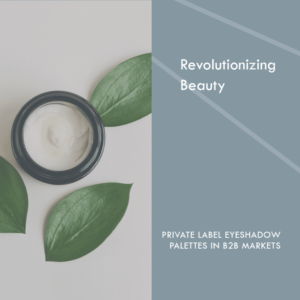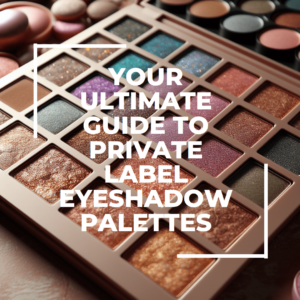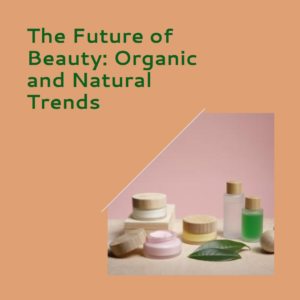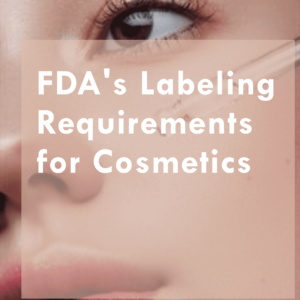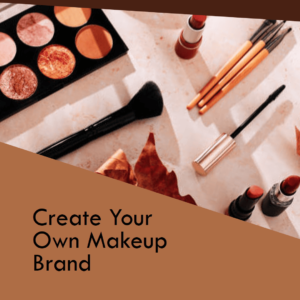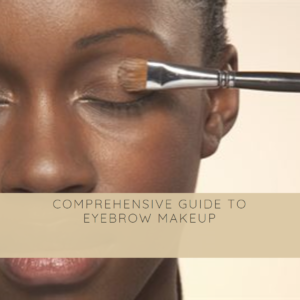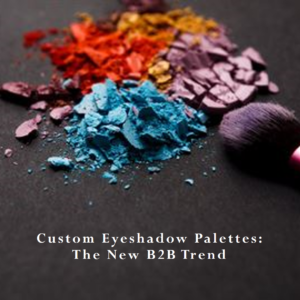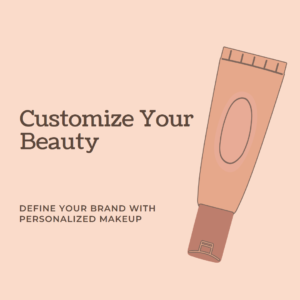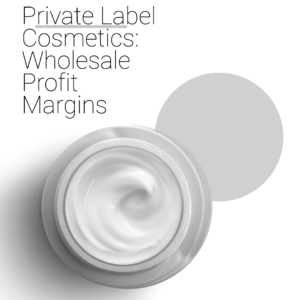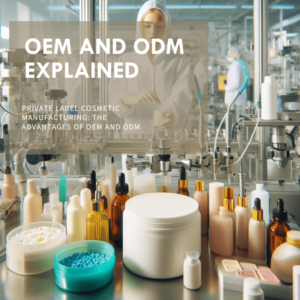
Private Label Cosmetic Manufacturing: The Advantages of OEM and ODM
The rapid development of the cosmetics industry has driven the demand for OEM (Original Equipment Manufacturer) and ODM (Original Design Manufacturer) services. As a pioneer in this field, Yunx Cosmetics, with its extensive product line and deep market insights, offers exceptional OEM/ODM services to global clients. This article will delve into the advantages of OEM and ODM in cosmetic production and highlight how Yunx Cosmetics stands out in these services. The Basic Concepts of OEM and ODM In the cosmetics industry, OEM refers to manufacturing products according to clients’ specifications and requirements, while ODM involves providing an all-encompassing service from design to production for clients. Both service models offer brands flexibility and opportunities for innovation. Advantages of OEM Quality Assurance: As an OEM provider, Yunx Cosmetics emphasizes product quality, with every step from raw material procurement to final product production undergoing strict quality control. Cost-Effectiveness: OEM allows brands to control costs, as it reduces the burden of research and design. Advantages of ODM Innovation and Customization: ODM services offer opportunities for unique designs, helping brands stand out in a competitive market. Market Adaptability: ODM providers like Yunx Cosmetics keep up with market trends, offering products that meet current demands. The



